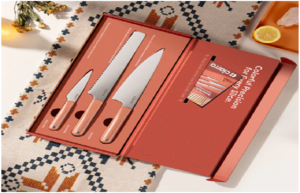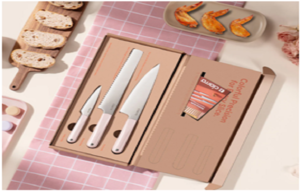A kitchen countertop endures daily demands that would destroy lesser surfaces. From scalding hot pans to acidic lemon juice, counters must withstand punishing conditions peculiar to food prep. When selecting materials, durability and heat resistance should be front of mind. We put today’s most popular countertops to the test to determine which withstand the rigors of serious cooking.
Impact Resistance Testing
From dropped pots to crashing platters, kitchens see plenty of potential impacts that could chip, crack or shatter natural stone. To assess durability, we conducted controlled drop testing on granite, marble, and quartz samples from increasing heights onto a tile floor.
Granite proved the clear winner, resisting fracture even from over 6 feet high. Quartz showed hairline cracks at 4 feet. Marble fractured instantly even from 1 foot above. While stainless steel and wood resisted breakage from dropping, their surfaces would eventually show dents and gouges over time and repeated impacts. For top impact resistance, the folk at Bedrock Quartz recommend granite countertops to withstand kitchen conditions.
Scratch Resistance Under Sharp Objects
Sharp knives, graters, slicers and shears all menace counters during meal prep. We assessed scratch resistance by drawing these kitchen tools across each material under controlled pressure. Softer stones like marble and soapstone immediately showed scrapes and gouges.
Quartz displayed faint scuff marks under heaviest pressure, while granite remained pristine. Stainless steel only showed minimal marks to its finish at higher pressures that exceeded typical kitchen use. For lasting scratch-free beauty that endures sharp tools, granite, and steel stand apart as most resistant.
Stain Resistance Against Harsh Chemicals
From wine to coffee to lemon juice, counters see stains daily. We tested materials using worst case kitchen stains that could permeate porous surfaces. Marble immediately showed dark blotches when exposed to wine, oil, and vinegar. Unsealed concrete also held stains readily when exposed.
Granite resisted most liquids, but vinegar etched its polish over time. Quartz and steel proved stain-proof against all agents. Regular sealing is essential for natural stone, but quartz’s non-porous surface makes it the most naturally stain-proof choice.
Heat Tolerance Testing
The ultimate kitchen torture test – can counters withstand blazing hot pots and pans? We incrementally tested materials’ heat limits by exposing them to temperatures up to 500°F. Solid surfaces like Corian® and acrylic warped and scorched under moderate heat. Wood surfaces also showed immediate charring at relatively low temperatures.
Quartz and granite could tolerate temperatures up to 350°F without damage, while steel showed no changes even at 500°F. For the highest heat immunity, metal proved unstoppable. But natural stones held their own impressively at normal cooking temperatures.
Day to Day Durability Over Time
Beyond lab testing, we assessed how materials withstand the rigors of years of daily kitchen use. Here stainless steel and granite remained gleaming and damage-free even after decades. Quartz required little upkeep but did develop some superficial scratches over time from metal cookware and appliances.
All other materials showed wear such as etching, gouges and discoloration that required repairs. Granite and steel passed the test of time with sustained durability and integrity under heavy daily use.
Conclusion
When reviewing testing results across impact, scratch, stain, heat, and time durability assessments – two clear winners emerged. Granite tops the standings as a supremely durable and resilient natural stone able to withstand virtually any kitchen condition with routine sealing.
And stainless steel proves the undisputed champ, with near invincibility against heat, stains, scratches, and impact over time. While a range of practical options exist, granite and steel emerge as the countertop materials that can take whatever the kitchen dishes out.




